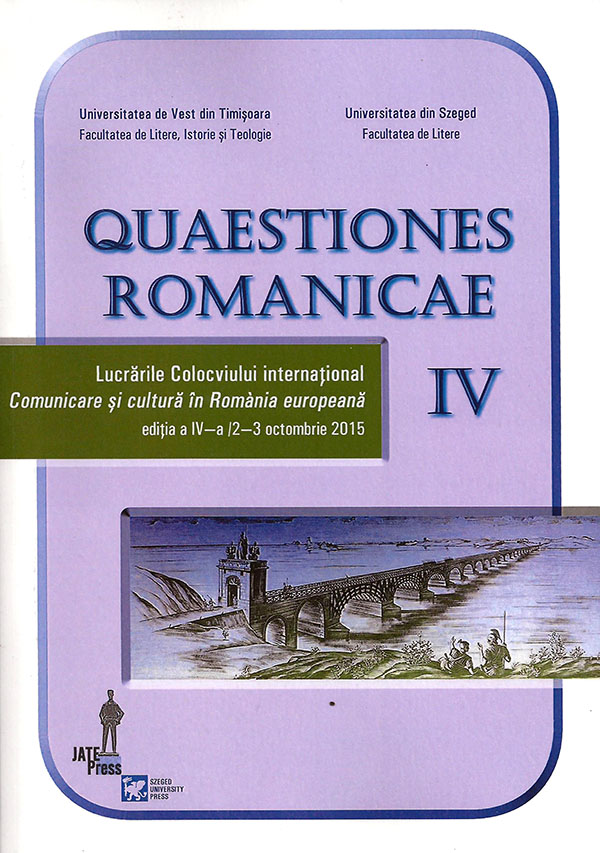A compreensão do oral na aprendizagem do português como língua estrangeira: desafios e algumas soluções
Abstract: (The oral comprehension in the learning of PLE: challenges and some solutions). The main purpose of our paper is to present one of the most problematic domain in the process of learning Portuguese as a foreign language (hereinafter PFL), the listening competence. Starting from our double experience – as a language learner, but also as a teacher of PFL –, we would like to highlight some of the difficulties encountered by students when learning Portuguese and suggest some solutions for improving this competence. Firstly, we will try to briefly present the listening competence (according to the CEFR guidelines), taking into account the following: linguistic and extralinguistic knowledge (with examples from European Portuguese), cognitive processes (Flowerdew & Miller 2005), cognitive strategies (Buck 2001), functions (Richards 1990) and types of listening (Field 2009), strategies of efficient and inefficient listeners (O’Malley et al. 1989) and eight myths about listening in a foreign language (Brown 2011). Secondly, we will present a few solutions for the identified problems, insisting especially on three main aspects: online resources, the need to create appropriate materials for each of the CEFR levels (A1-C2) and the use of metacognition in teaching listening (Vandergrift 2004).
Keywords: listening comprehension, listening in foreign languages, enhancing listening skills, Portuguese as foreign language, European Portuguese.
Resumo: O objetivo da nossa comunicação é apresentar uma das áreas mais problemáticas do processo de aprendizagem do português como língua estrangeira (doravante PLE), a compreensão do oral. Partindo da nossa dupla experiência – de aprendente, mas também de docente de PLE –, queremos destacar algumas das dificuldades dos alunos quando aprendem a língua portuguesa e sugerir algumas soluções para melhorar esta competência linguística. Num primeiro momento, tentaremos apresentar sucintamente a compentência de compreensão do oral (segundo o QECRL), tomando em consideração também os seguintes aspetos: os conhecimentos linguísticos e extralinguísticos (com exemplos do português europeu), os processos cognitivos (Flowerdew & Miller 2005), as estratégias cognitivas (Buck 2001) as funções (Richards 1990) e os tipos da compreensão do oral (Field 2009), as estratégias dos ouvintes eficientes e ineficientes (O’Malley et al. 1989) e os oito mitos sobre a receção das mensagens orais numa L2 (Brown 2011). Num segundo momento, apresentaremos soluções para os problemas identificados, insistindo sobretudo em três aspetos: os recursos disponíveis online, a necessidade de criar materiais adequados para cada um dos níveis do QECR (A1-C2), e o uso da metacognição no ensino da compreensão do oral (Vandergrift 2004).
Palavras-chave: compreensão do oral, compreensão do oral em línguas estrangeiras, melhorar a compreensão do oral, Português como língua estrangeira, Português Europeu.
